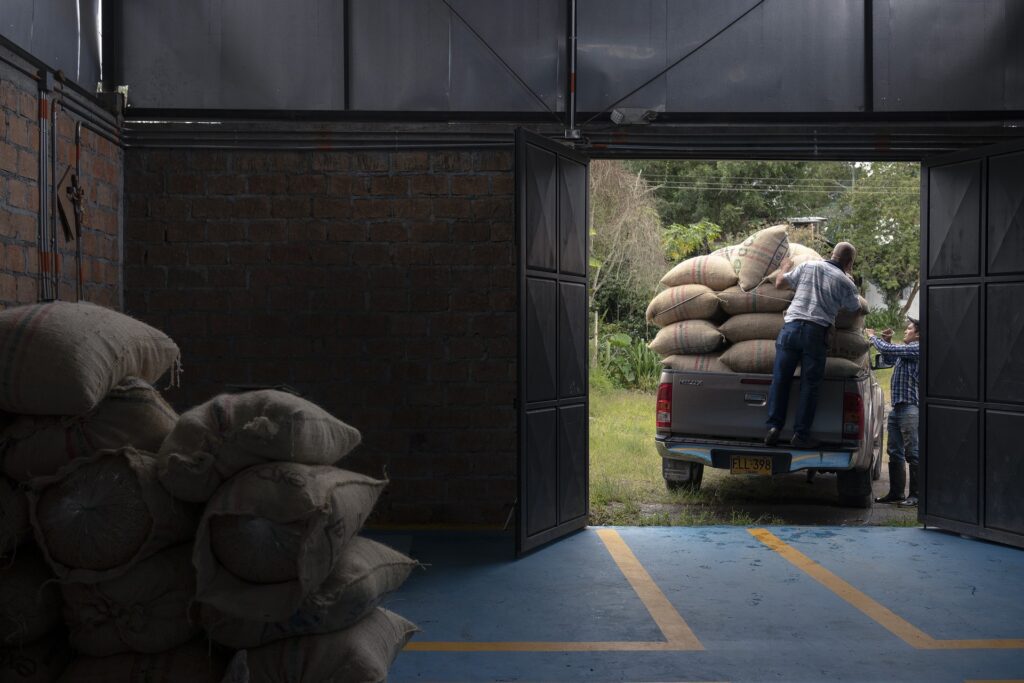Table of Contents
Introduction
organic farming business In an era marked by rising environmental concerns and a growing emphasis on healthy living, organic farming has emerged as a transformative industry. Organic farming, which focuses on sustainable and chemical-free agricultural practices, is not just a method of food production but a way of life that harmonizes personal well-being and professional achievement. This blog explores how venturing into the organic farming business can lead to both personal fulfillment and professional success. From its health benefits to lucrative opportunities and its role in promoting sustainability, organic farming is a path worth exploring.

2. Understanding Organic Farming
What is Organic Farming?
Organic farming is a system of agriculture that relies on natural processes, biodiversity, and ecological balance to produce food. It avoids synthetic fertilizers, pesticides, and genetically modified organisms (GMOs), focusing instead on organic inputs like compost, crop rotation, and biological pest control. The aim is to create a sustainable farming model that nurtures the environment and supports healthy living.
The Growing Demand for Organic Products
Consumer awareness of health and environmental issues has driven a surge in demand for organic products globally. According to industry reports, the organic food market has been growing at a double-digit rate annually, fueled by a preference for chemical-free, nutritious foods. The global organic food market was valued at over $200 billion in 2022, with projections showing steady growth in the coming years. This trend offers a wealth of opportunities for entrepreneurs in the organic farming business.
Why Choose Organic Farming as a Career or Business?
The organic farming business is more than just a profitable venture; it is a mission to contribute positively to society. It aligns ethical practices with economic benefits, enabling entrepreneurs to make a difference while securing a sustainable livelihood. Whether you’re passionate about healthy living, environmental conservation, or entrepreneurial success, organic farming provides a rewarding path.
3. Personal Benefits of Organic Farming
Health and Well-being
Organic farming offers immense health benefits to those involved. Working in natural surroundings fosters physical fitness and mental well-being. Exposure to fresh air, sunlight, and green spaces reduces stress and enhances overall health. Additionally, consuming your own chemical-free produce ensures a nutritious diet, improving personal health further.
Skill Development
Engaging in organic farming sharpens a variety of skills. Farmers learn about sustainable practices, crop management, and soil health. Business owners gain expertise in areas like supply chain management, marketing, and financial planning. Furthermore, the challenges faced in organic farming cultivate resilience, problem-solving skills, and adaptability.


4. Professional Benefits of Organic Farming
Lucrative Business Opportunities
The organic farming industry offers high-profit margins due to the premium prices consumers are willing to pay for organic products. Diversified revenue streams such as organic produce sales, farm-to-table experiences, and agro-tourism further enhance profitability. Entrepreneurs can also explore export opportunities, given the rising global demand for organic goods.
Social Impact and Credibility
Organic farming is inherently a socially responsible business. It promotes environmental sustainability, healthier lifestyles, and rural development. By operating an organic farm, entrepreneurs position themselves as eco-conscious leaders, gaining credibility and respect in their communities.
Networking and Community Building
Organic farming fosters a sense of community. Farmers and entrepreneurs collaborate with like-minded individuals, organizations, and government bodies. They can access support through grants, subsidies, and certifications, further strengthening their professional network.
5. Steps to Start an Organic Farming Business
Research and Planning
The first step in starting an organic farming business is conducting thorough research. Understand local market demands, analyze consumer preferences, and identify suitable crops. Develop a comprehensive business plan outlining goals, financial projections, and marketing strategies.
Acquiring Land and Certification
Land selection is critical for organic farming. Choose land with fertile soil and access to water. Organic certification, such as USDA Organic or India Organic, is essential to establish credibility and attract customers. Certification involves adhering to strict guidelines, which include avoiding synthetic inputs and maintaining detailed records.
Building a Brand
Branding is vital for success in the organic farming business. Use storytelling to connect with consumers, emphasizing the ethical and sustainable aspects of your business. Leverage digital marketing techniques, including social media and e-commerce platforms, to reach a broader audience.
Leveraging Technology
Technology plays a significant role in modern organic farming. Tools like Internet of Things (IoT) devices, drones, and precision farming techniques optimize efficiency. Online platforms facilitate direct sales, enabling farmers to connect with consumers without intermediaries.


6. Challenges in Organic Farming
Despite its benefits, organic farming comes with challenges. High initial investment costs, lower yields compared to conventional farming, and a lengthy certification process can be barriers. Additionally, organic farmers must deal with pests and diseases without relying on synthetic chemicals.
Solutions
To overcome these challenges, farmers can adopt innovative techniques like integrated pest management and organic soil amendments. Government subsidies and financial assistance programs can help reduce the financial burden. Building a resilient business model with diversified revenue streams ensures long-term sustainability.
7. Success Stories
The organic farming industry is filled with inspiring stories of individuals who have turned their passion into thriving businesses. For instance, Vandana Shiva, a prominent environmentalist, has championed organic farming in India, empowering rural communities and promoting sustainable agriculture. Similarly, startups like “24 Mantra Organic” have successfully combined traditional farming methods with modern marketing strategies to build a globally recognized brand. These examples demonstrate the potential for success in this field and provide valuable lessons for aspiring entrepreneurs.


8. How Organic Farming Aligns with a Sustainable Future
Organic farming is a cornerstone of sustainable development. By prioritizing soil health, conserving biodiversity, and reducing the carbon footprint, it addresses critical environmental challenges. Organic farming methods prevent soil erosion, promote water conservation, and reduce greenhouse gas emissions. Moreover, it empowers rural communities by creating job opportunities and fostering economic growth.
As climate change continues to impact global food systems, organic farming offers a viable solution for building a resilient and sustainable future. Entrepreneurs in this field play a pivotal role in driving positive change.
9. Conclusion
Organic farming is more than just an agricultural practice; it is a transformative approach that integrates personal well-being with professional success. From fostering health and skill development to offering lucrative business opportunities and contributing to a sustainable future, organic farming is a path that aligns passion, profit, and purpose. For those seeking a fulfilling career that makes a difference, the organic farming business is an ideal choice.
Now is the time to take action. Whether you’re an aspiring entrepreneur or someone passionate about sustainability, organic farming opens doors to endless possibilities. Embrace this journey, and you’ll find that the seeds you sow today will reap a harvest of personal and professional growth tomorrow.